This week, the Utah, Oklahoma and Virginia plaintiffs all filed briefs with the U.S. Supreme Court in favor of a rehearing in their lawsuits. When the justices return from vacation in late September, they'll likely find unanimous agreement from all parties that they should consider a marriage equality case. But which cases the court will pick remains in question.
It's worth noting that the cases would have reached the Supreme Court even if the plaintiffs hadn't filed their petitions. The defendants in the cases -- attorneys representing the states -- have filed petitions as well.
Previously, the same-sex couples serving as plaintiffs in all three states won major victories at the district court and appellate level. Utah, Oklahoma, and Virginia all enjoyed an unbroken string of victories for the freedom to marry. Ordinarily, the victorious side would oppose a rehearing, as it runs the risk of overturning the decision. But the motivation behind the plaintiffs' briefs boils down to their desire to expand their victories nationwide.
"At stake in this case is the liberty of an entire class of Americans, who urgently need a ruling from this Court that they are able to marry and to have their marriages recognized on an equal basis with other citizens," write the Utah plaintiffs.
"This is one country, and we have only one Constitution," said the attorney for those same-sex couples, Peggy Tomsic, in a statement. "We hope the Supreme Court will review this case and affirm the Tenth Circuit's ruling that same-sex couples have the same fundamental freedom to marry as others and that the law must treat their families equally."
The court could take up one case, or multiple cases, or no cases at all. It could also defer a decision until late in the term, ending in June of 2015.
Each of the plaintiffs' briefs argues that theirs is the best case for the court to consider.
"This court could use this case alone to decide whether a state may deny same-sex couples the right to marry," reads the Oklahoma brief. "This case presents a single issue: whether the Fourteenth Amendment permits a state to deny same-sex couples the right to marry."
The Oklahoma attorneys also take aim at the cases originating in other states. "Some of the plaintiffs from the Utah and Virginia cases, by contrast, raise another claim," they write, pointing out that the other cases involve recognition of out-of-state licenses. In contrast, they write, their case is concerned solely with due process and equal protection. "This court may appreciate the full and focused briefing and argument on that issue that this case would facilitate."
But the Virginia attorneys insist that the additional issues presented by their case are actually beneficial.
"This case is an ideal opportunity for the Court," they write, "because it would permit the Court to address both prohibitions on same-sex marriage and prohibitions of out-of-state marriages."
The Virginia case, coordinated by the American Foundation for Equal Rights, also presents a diverse set of parties: in addition to the plaintiff couples and the defendant clerks, the state has also stepped in with an argument of its own that the marriage ban is unconstitutional. Thus, AFER attorneys Ted Olson and David Boies point out, the case provides an opportunity for exhaustive argument.
In addition, the Virginia case includes an entire class, which would preclude any unforeseen muting that could result from plaintiff couples ending their relationships.
The Supreme Court's first conference is September 29, but it's under no obligation to make a decision at that meeting. More rulings may come from nearly a dozen other states in September, so the Court may defer a decision until more parties can file their petitions.
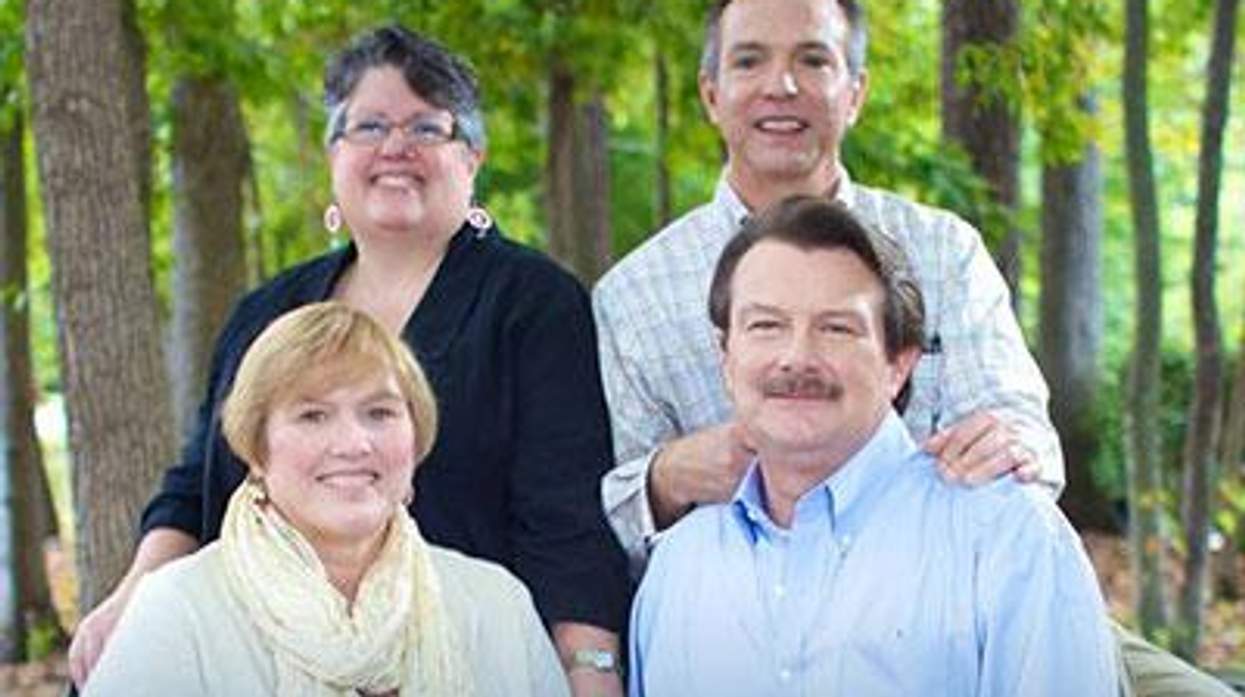




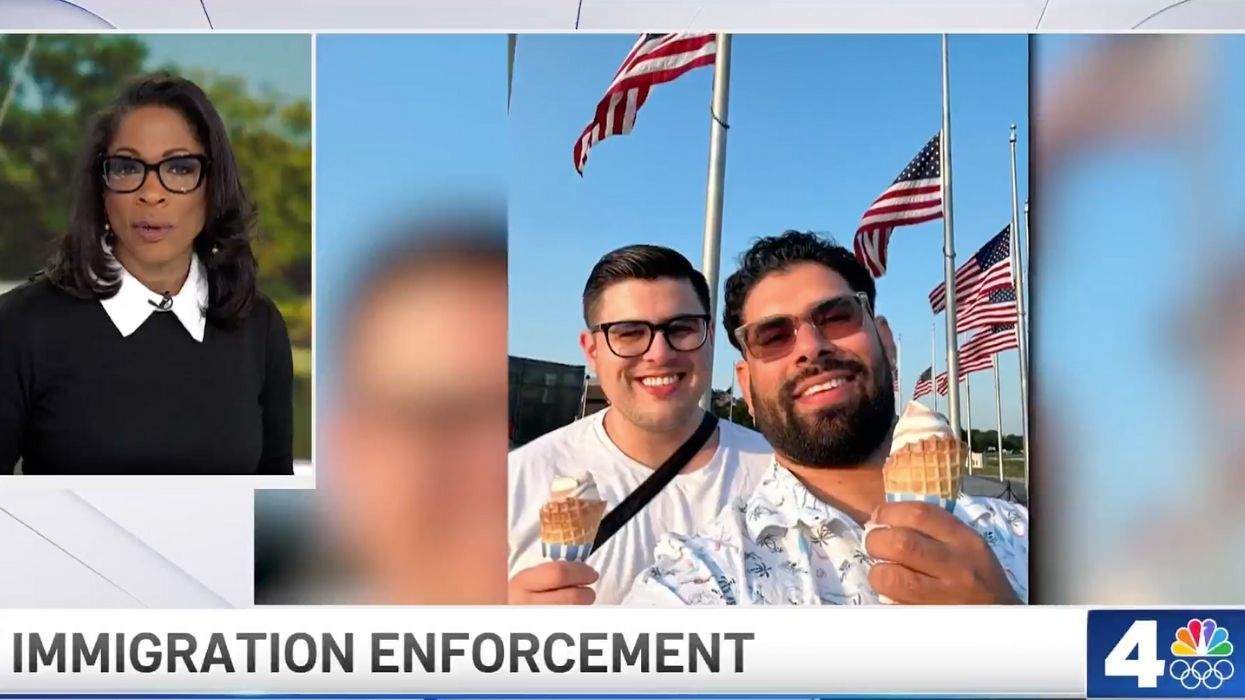
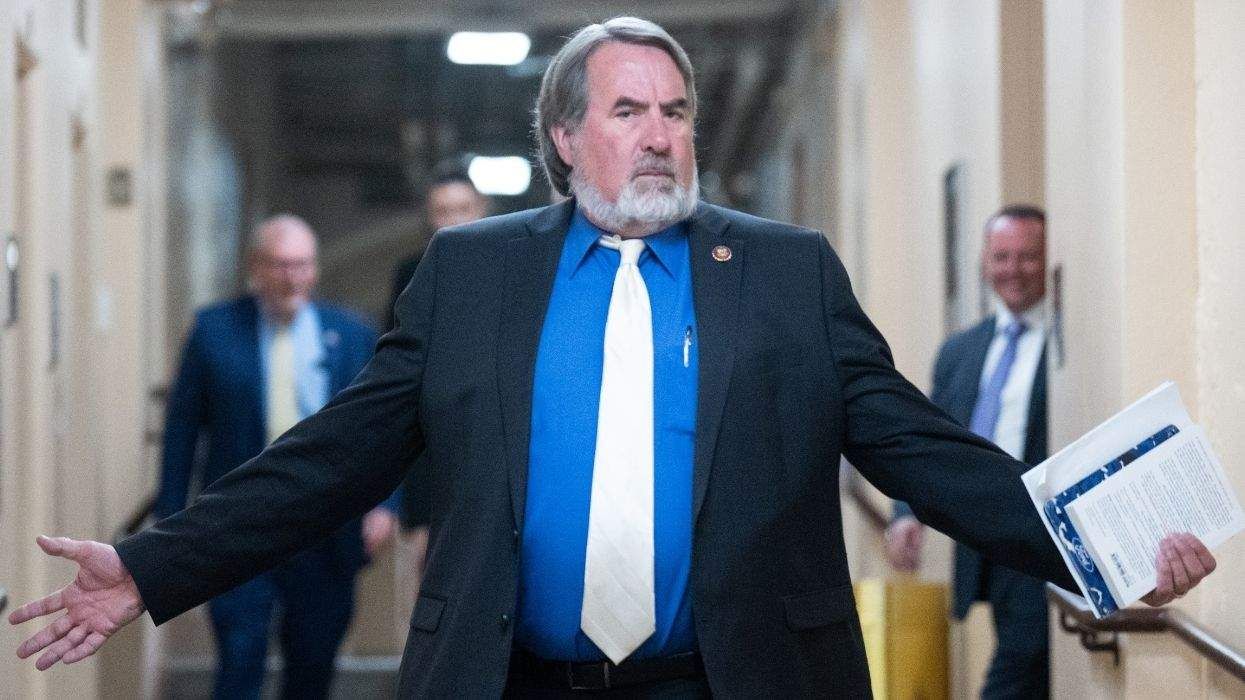

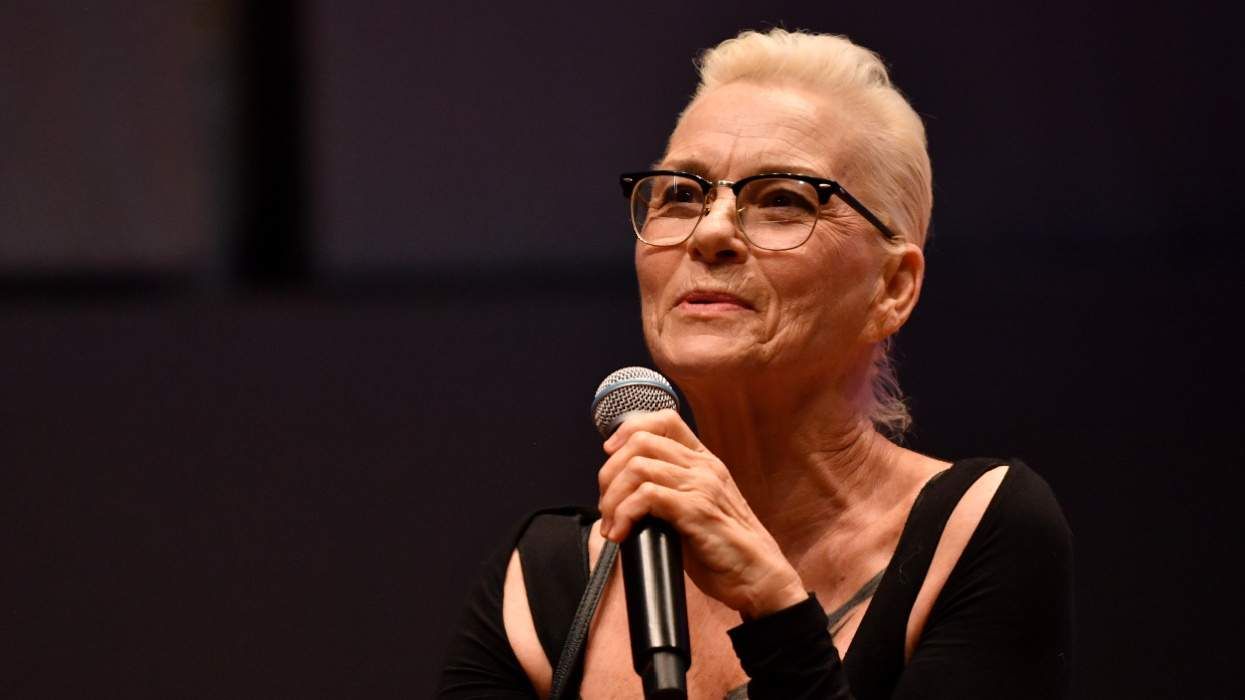
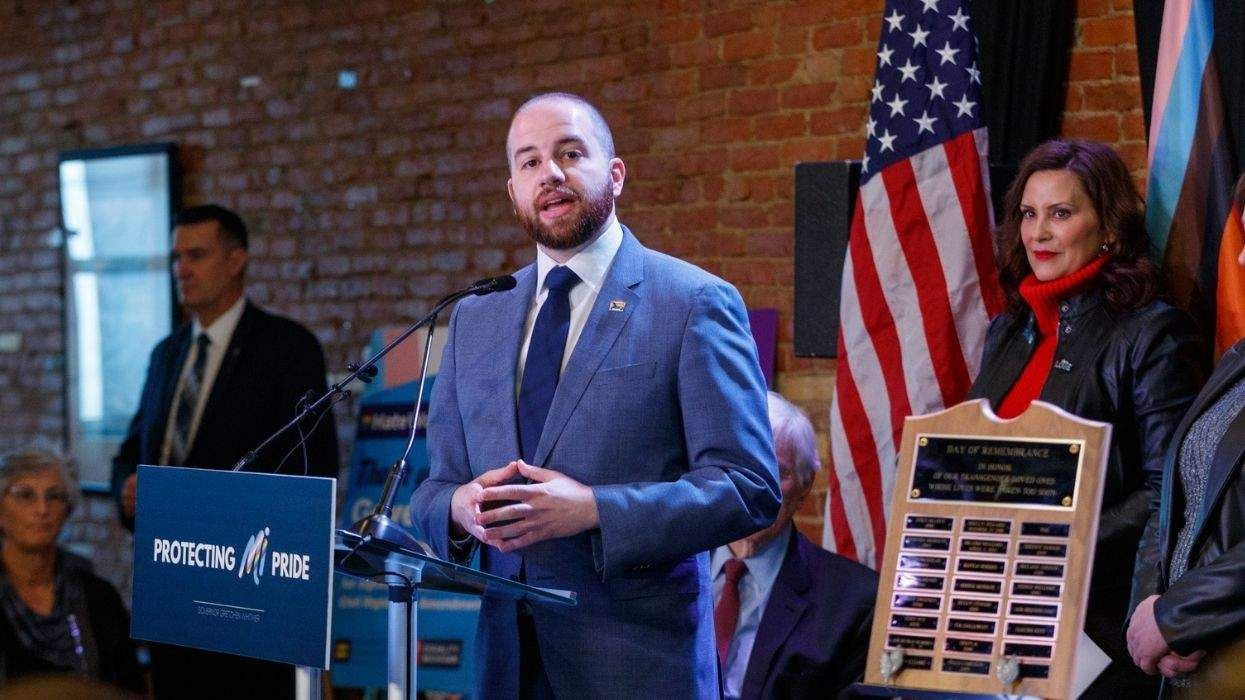





Charlie Kirk DID say stoning gay people was the 'perfect law' — and these other heinous quotes
These are some of his worst comments about LGBTQ+ people made by Charlie Kirk.